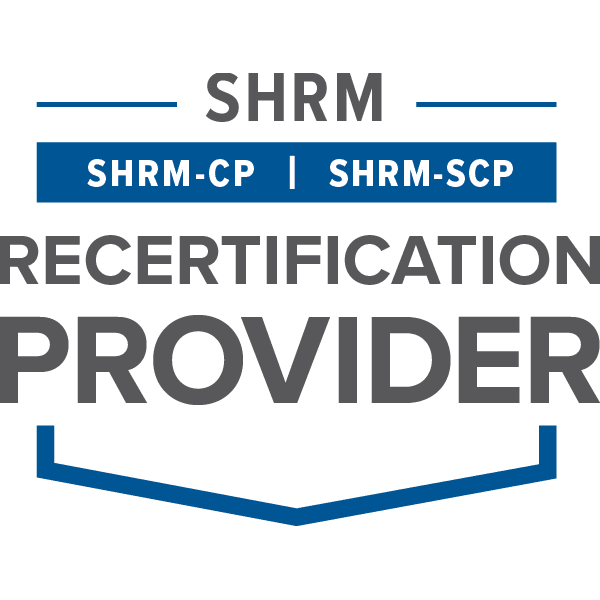Employment Law Legislation
Campbell Litigation; The Rocky Mountain Employer Blog
Heading into the second quarter of 2023, it is an opportune time to catch up on additional employment law changes that have passed through the General Assembly and are awaiting the signature of Governor Polis to become law. Of note are House Bill 23-1146, which will bolster employees' rights to accept cash tips outside of traditional, gratuity-based industries, and Senate Bill 23-058, also known as the Job Application Fairness Act, which relates to the legality of requiring job applicants to provide age-related information on initial job applications.
Employer Policies Against Accepting Tips and Gratuities May Be Curtailed – House Bill 23-1146
Introduced during the 2023 Regular Session, House Bill 23-1146 may significantly limit the ability of employers to prohibit employees outside of traditional, gratuity-based industries from accepting customer tips. On May 07, 2023, this bill was passed in the Senate with no amendments made. The bill, if signed into law, will amend Colorado’s wage and hour statutes to state that it is an unlawful practice for employers to take adverse action against employees who accept cash tips from patrons, but employers may still require employees to share such gratuities with other employees according to a pre-established basis.
If passed, the bill’s prohibitions would not apply to certain industries. Specifically, the bill would not apply to employers regulated by the Division of Gaming, health-care facility employees, employees engaged with programs for all-inclusive care for the elderly, and employees providing housing and services to adults aged 60 years or older. Likewise, the bill does not apply to employees required to maintain licensure, certification, or registration as a condition of their employment.
Job Application Fairness Act – Senate Bill 23-058
The Job Application Fairness Act, or Senate Bill 23-058, was passed by the Senate with amendments from the House on April 26, 2023. If signed into law, then starting July 1, 2024, employers will be prohibited from inquiring into a prospective employee's age, date of birth, and dates of attendance at or graduation from an educational institution within an initial employment application.
However, employers may request age-related information under certain circumstances. These include verifying compliance with age requirements tied to occupational safety, federal laws or regulations, or state or local laws based on bona fide occupational qualifications. The Department of Labor and Employment will be responsible for enforcing the requirements of the Act, issuing warnings and orders of compliance for violations, and imposing civil penalties for second or subsequent violations.
Employer Considerations
These changes reflect the Colorado General Assembly's ongoing effort to enhance employee rights in the workplace. Colorado employers should stay informed of these developments to ensure compliance and avoid fines, penalties, or other repercussions. Campbell Litigation will continue to monitor the status of these and other labor and employment-related bills, and is available to assist with employment law compliance issues as they arise.





